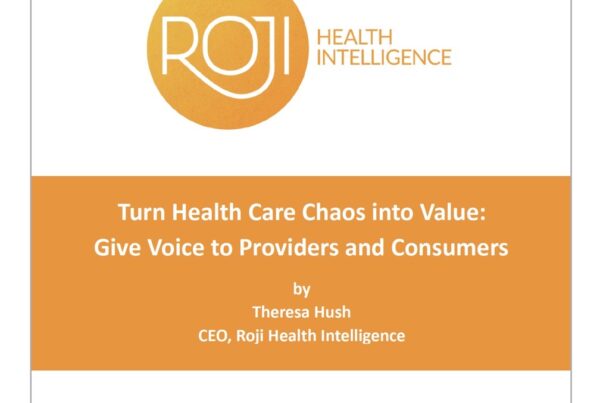
August 24, 2021
Cost Savings Aren’t the Only Objective for ACOs: Growth Matters, Too
Keeping within expenditure limits is a top priority for most ACOs for Medicare. That makes sense. Savings are the main distinguishing feature of an ACO arrangement, as opposed to straight Fee-for-Service reimbursement. ACOs that accept downside risk can’t afford to exceed the expenditure target. It’s in their best interest to create initiatives to cut costs and control expenses—especially for services outside the ACO, such as post-acute care. But a cost strategy only focused on trimming expenses will likely fail the ACO in the long run. Why? Medicare ACOs face an annually decreasing expenditure limit that mandates them to lower costs…
Read More














